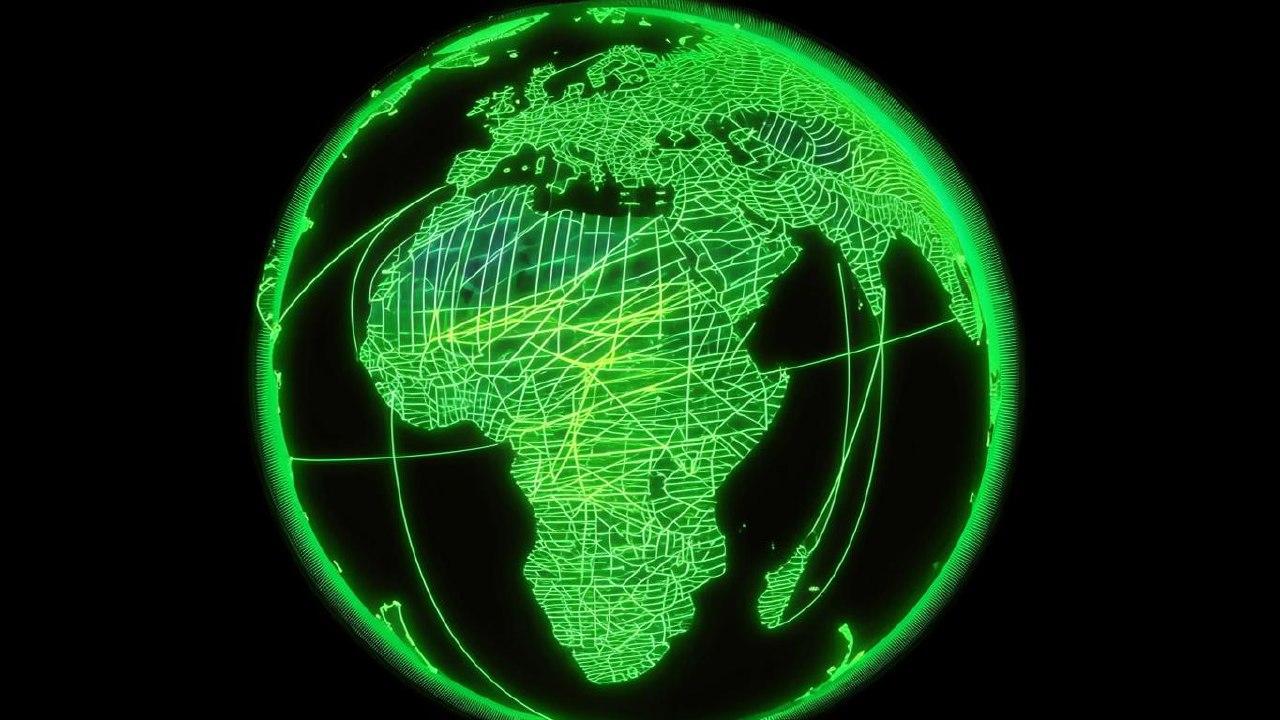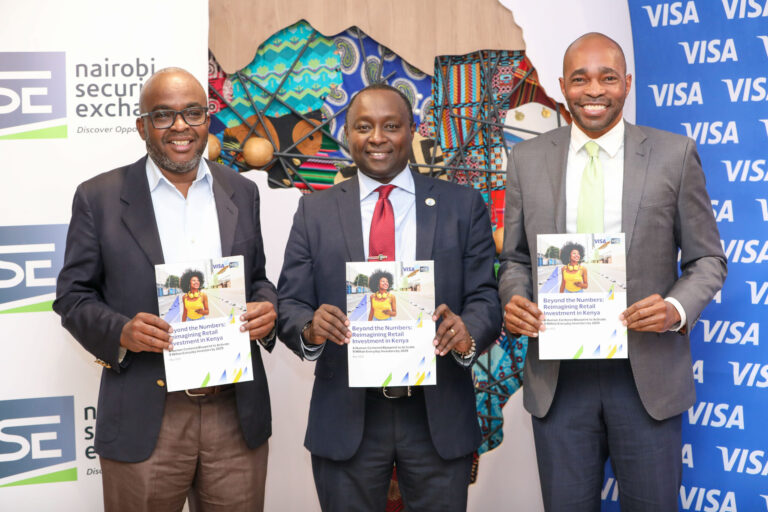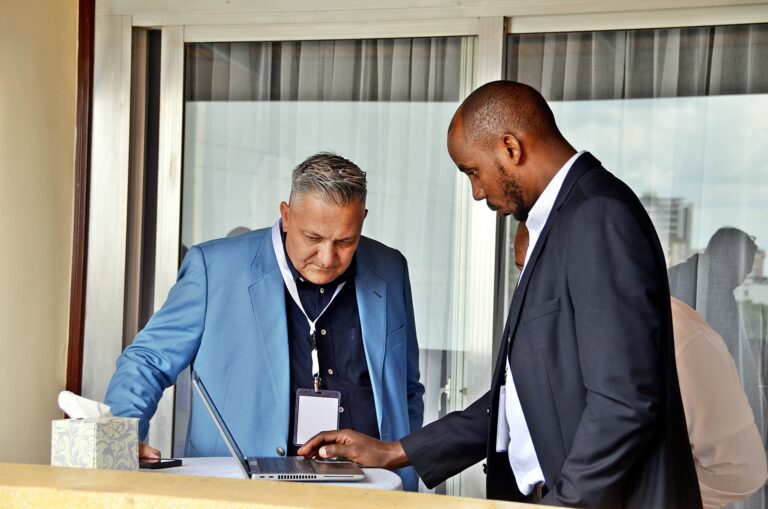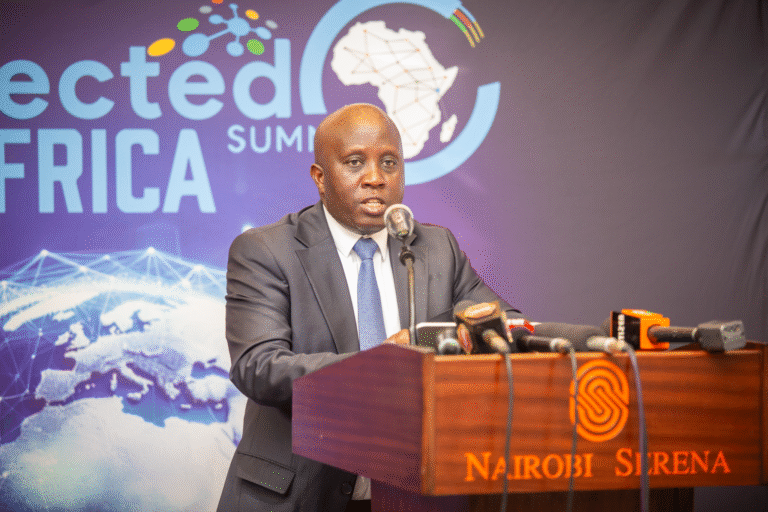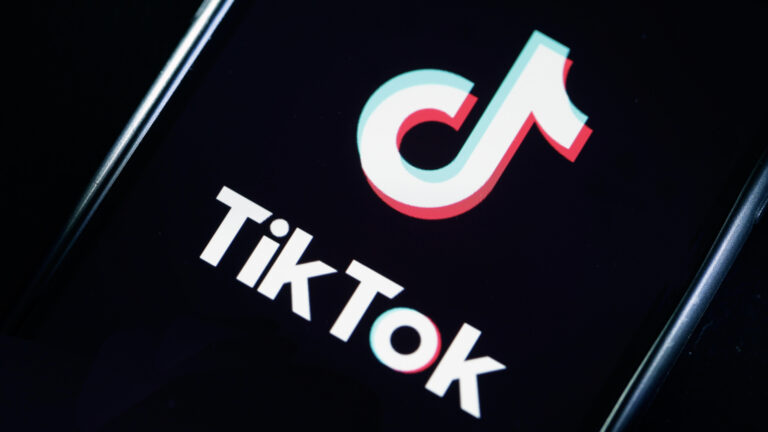Kaspersky Shares About Africa’s Cyberthreats Landscape
According to data from Kaspersky, Sub-Saharan Africa saw 42.4 million web attacks and 95.6 million on-device attacks detected in the first half of 2025.
According to data from Kaspersky, a global cybersecurity company, Sub-Saharan Africa saw 42.4 million web attacks and 95.6 million on-device attacks detected in the first half of 2025.
The region recorded more than a double increase in spyware, 64 percent more password stealer attacks and 12 percent more backdoor infections compared with the same period of last year. These statistics are shared ahead of GITEX Nigeria, one of the region’s most significant technology events taking place on September 3-4 in Lagos. At the exhibition, Kaspersky will share practical advice and deliver workshops aimed at helping businesses and individuals strengthen their defences against these fast-evolving threats.
Kaspersky’s analysis shows a 66 percent increase in password stealers in Nigeria in H1 2025 compared to the same period in 2024, alongside a 53 percent increase in spyware blocked. Exploits targeting vulnerabilities in applications like Microsoft Office also remain prevalent. Though the overall number of phishing detections decreased by 52 percent, phishing threats became more targeted, focusing on specific topics. For example, phishing specifically related to financial topics (banks, e-shops, payment systems) was on the rise and grew 46 percent.
Industrial environments are subject to cyberthreats as well: attacks on 26.5 percent of Industrial Control Systems (ICS) computers in Nigeria were blocked by Kaspersky solutions in H1 2025. There are likely significant problems with virus and worm threats, especially affecting the construction, ICS engineering and integration, power energy, and biometrics industries. Africa in general has one of the highest rates of ICS computers on which malicious objects were blocked among regions globally.
“Every day, more people in Africa and in Nigeria specifically are moving their businesses, banking, and even daily errands online. But with this opportunity comes a challenge. Cybercriminals are also becoming more active, targeting not only big companies and government networks, but also ordinary people, small businesses, and industrial infrastructures we depend on,” says Chris Norton, General Manager for Sub-Saharan Africa at Kaspersky.
“Earlier this month, Kaspersky signed an MoU with the Small and Medium Enterprises Development Agency of Nigeria (SMEDAN). That agreement is about giving SMEs more knowledge to protect themselves. Our role at GITEX Nigeria builds on that. For us, it is about supporting Nigeria and the broader region so that digital growth goes hand in hand with digital safety,” concludes Chris Norton.

